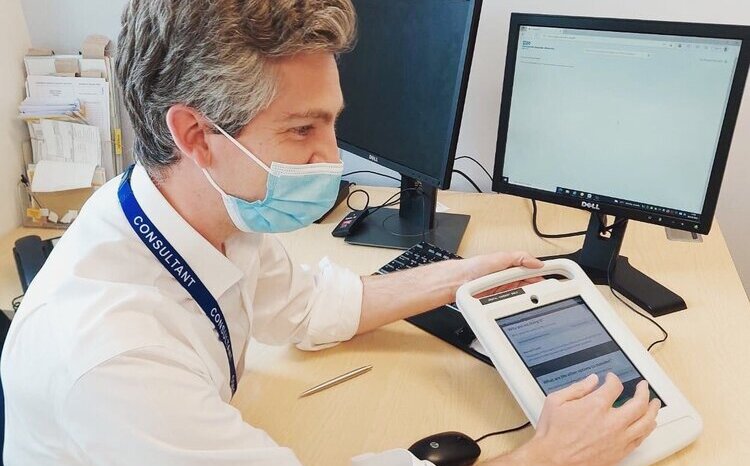RCGP says good GPs have great websites
- 29 July 2008
The ‘exemplary GP’ has a clear and accurate practice website and seeks patient’s consent before giving sensitive information to other healthcare professionals, according to the latest guidance on good medical practice for GPs.
The Royal College of General Practitioners and the BMA’s General Practitioner Committee have updated their guidance Good Medical Practice for General Practitioners which will be the central document underpinning revalidation for GPs.
The two bodies say key changes in the 2008 version include modifications to reflect the changes in general practice such as out-of-hours arrangements and the upsurge in web/email communication. There is also a new section on appraisals.
The guidance replaces the term ‘excellent GP’ with ‘exemplary GP’ and gives statements outlining the practise of ‘an exemplary GP’ and ‘an unacceptable GP.’
It says an exemplary GP has a “clear and accurate” website while an unacceptable GP does not have a website or one that is untrue or self-promoting.
Dr Richard Vautrey, a GPC negotiator, said that while many GPs would fall between an exemplary and an unacceptable GP, many were already providing information to their patients via practice websites.
He added: “Those who haven’t got a website can use the opportunity to set up a site on NHS Choices and provide information to their patients and I would hope that they are doing that.”
The guidance says websites should include information about what services the practices provides, which can be accessed directly and which via recommendation, what the arrangements are for out-of-hours care and when they will be able to talk to a member of the practice team. Websites should also clearly state when the surgery is open and when the phones are answered. Phone systems should also be adequate to meet the needs of patients and the practice.
It adds: “Patients value being able to talk to a doctor or nurse on the phone or consulting through email.”
However, the guidance also notes that while patients do not need to be examined on every occasion, GPs need to put themselves in a position to be able to identify an important problem if there was one.
It adds: “You should be particularly careful when assessing and giving advice on the telephone or by email, when serious problems are potentially more easily missed or misdiagnosed.”
Dr Steve Field, chairman of the RCGP, said greater use of telephone and email could be used as a way of reassuring patients although they were no substitute for face-to-face consultations.
He added: “The future is clearly that patients will want different ways of communicating with their GP.”
A section on sharing information with colleagues and referring patients makes no references to the changing nature of information sharing in the NHS. However, the earlier version recommended that “in doubt” does state that GPs should seek patient’s consent before giving sensitive information to another healthcare professional.
Dr Field said patients would be the key to information sharing in future. He added: “What we need to see are patients in control of what, where and when information is shared.”
Link
Good Medical Practice for General Practitioners




